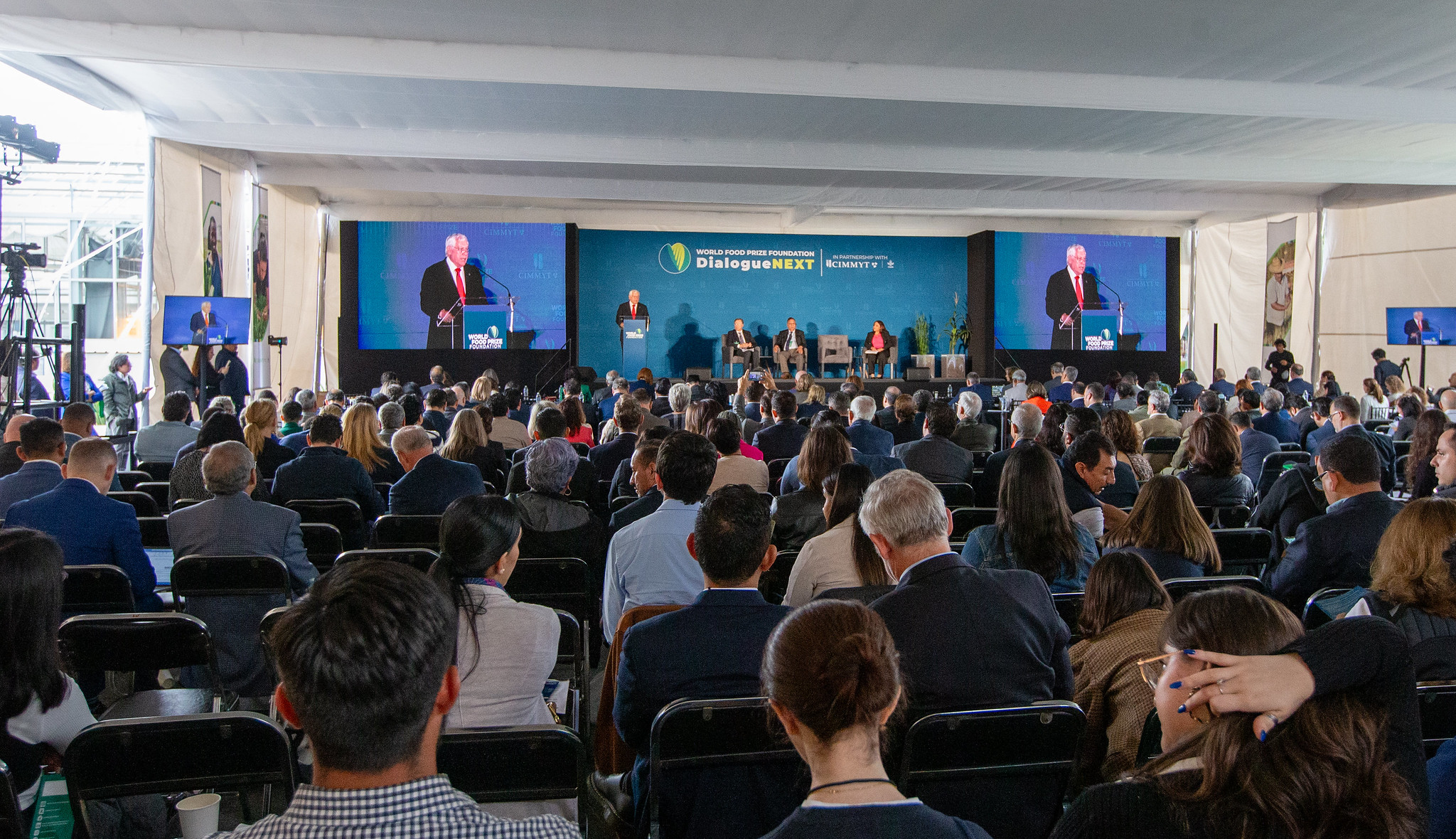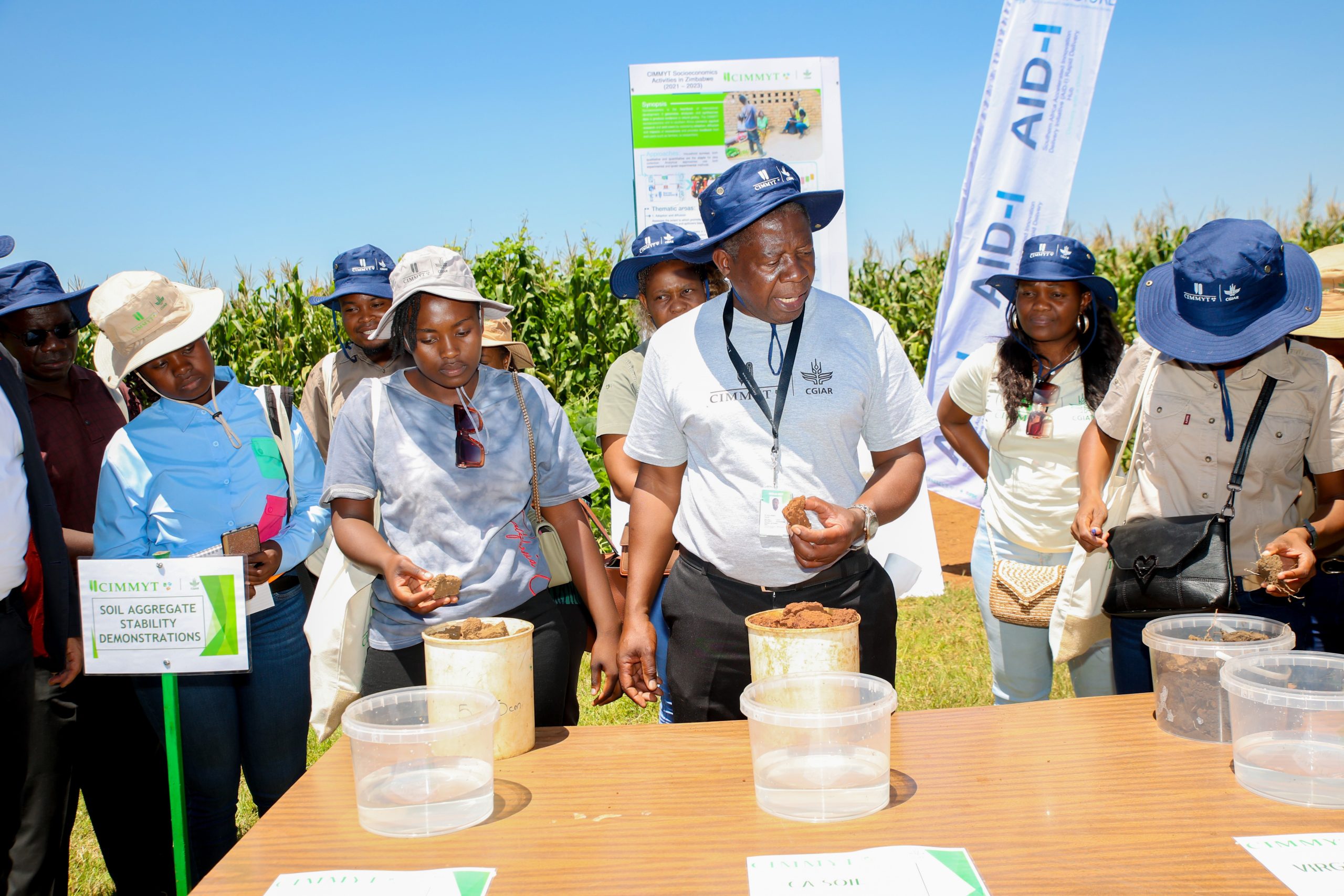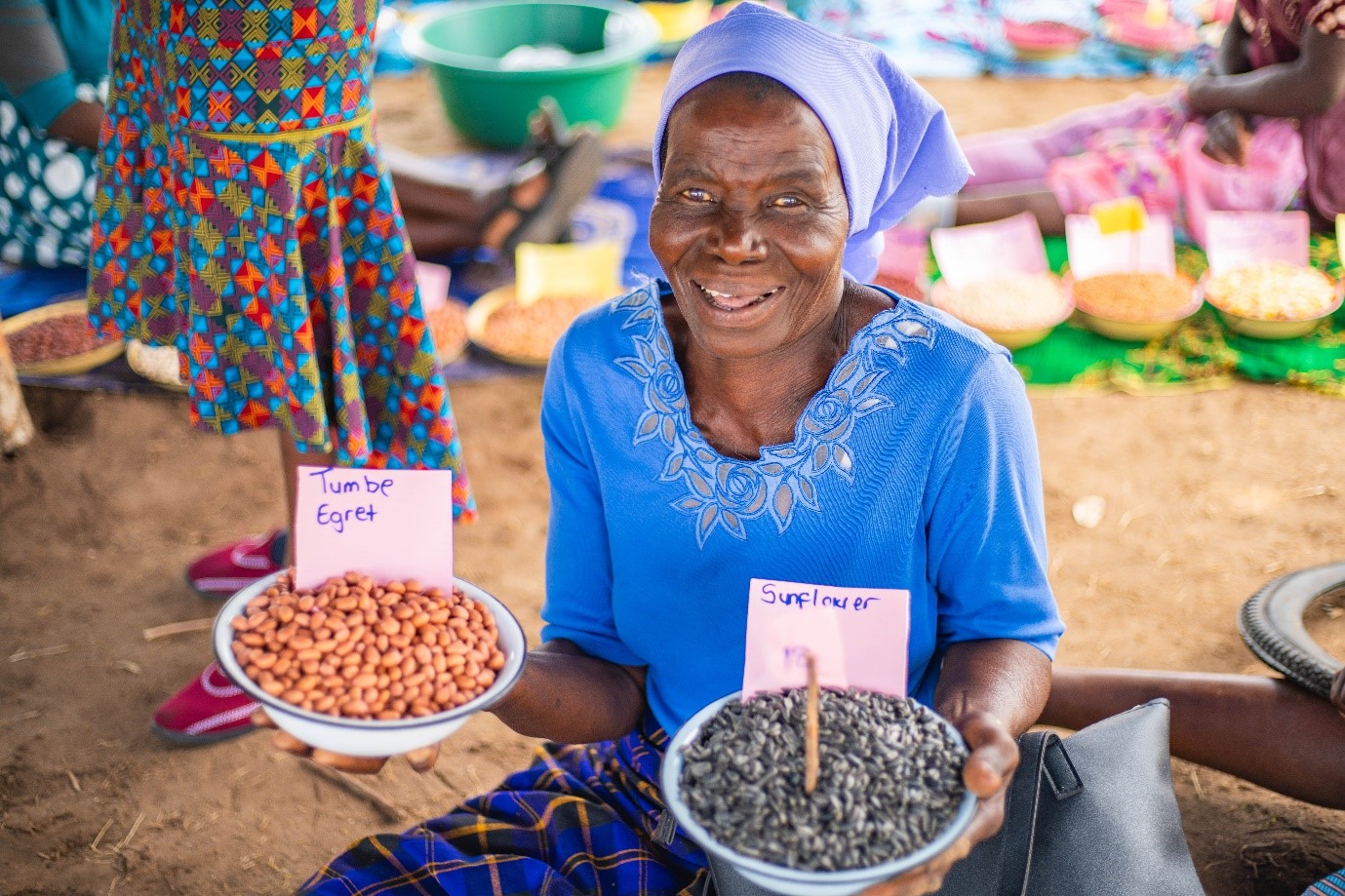In Zimbabwe, farmers are turning to conservation agriculture and climate-resilient crops such as millet, sorghum and cowpeas in order to combat the growing threat of drought, which has been exacerbated by El Niño. Traditional farming methods have left soils degraded and yields diminished, prompting many farmers, such as Memory Mukototse from Kaidza village, to adopt new techniques through programmes like the R4 Rural Resilience Initiative, which is led by the World Food Programme.
By comparing conservation and conventional farming methods, farmers have discovered that practices such as minimal soil disturbance, crop rotation and maintaining ground cover can greatly enhance harvests and improve water retention. Backed by CIMMYT, this farmer-driven research and peer-to-peer knowledge exchange, facilitated through seed fairs, group coordination and exchange visits, has not only enhanced food security, but also empowered communities to adapt and flourish in the face of challenging climatic conditions.
Read the full story.

 Capacity development
Capacity development 
